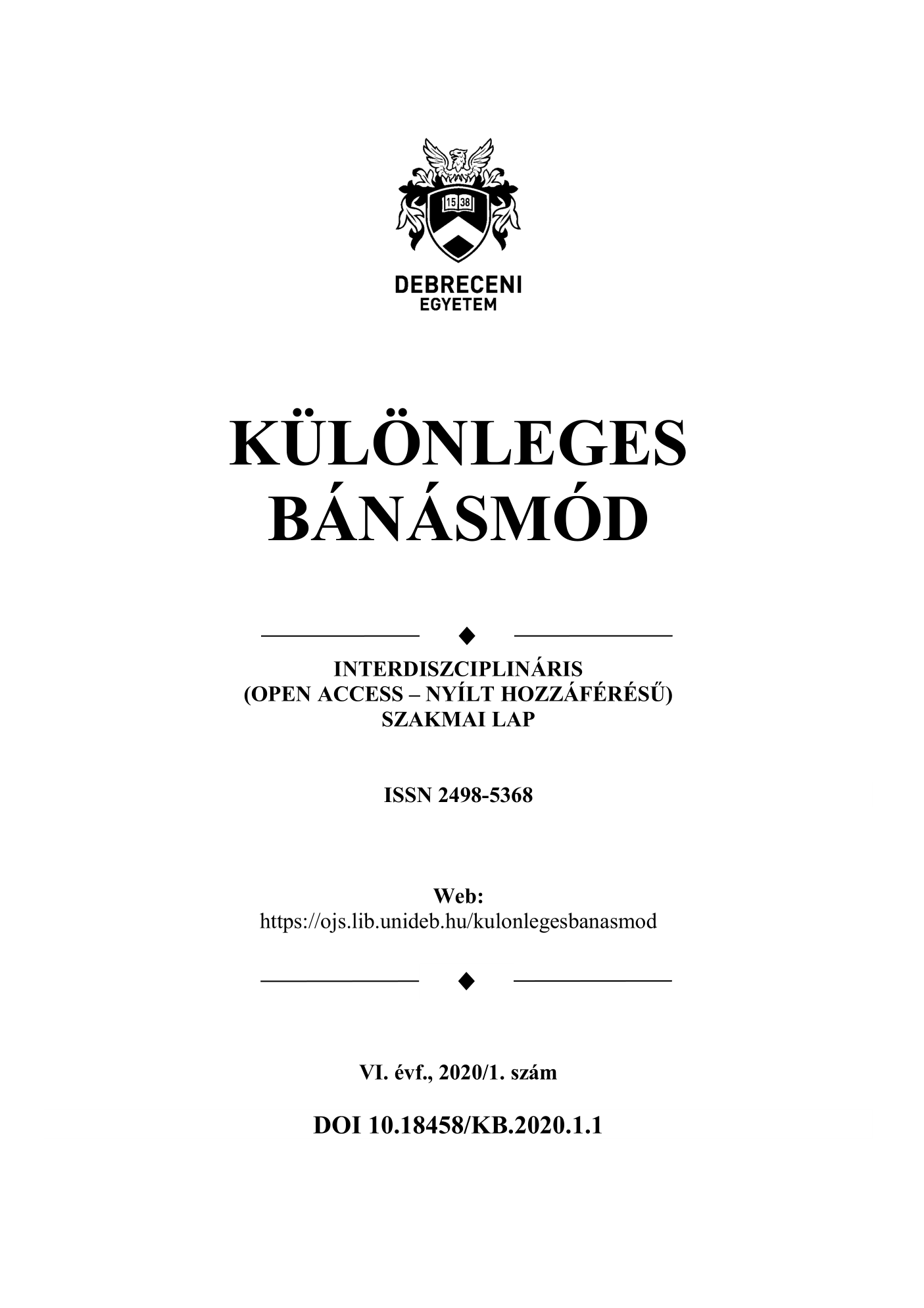THE OXIPO GAME COLLECTION FOR DEVELOPING COGNITIVE ABILITIES
Authors
View
Keywords
License
Copyright (c) 2020 Katalin Mező, Ferenc Mező

This work is licensed under a Creative Commons Attribution-NonCommercial-NoDerivatives 4.0 International License.
How To Cite
Abstract
This study is a presentation of the first phase of a complex research project which aims to present the theoretical background of a new game collection (based on OxIPO model). We have compiled a game collection to improve cognitive abilities in early childhood. Concerning cognitive abilities, Affolter's (1972), Sindelar's (1994) and others' earlier developmental approaches took into account visual, auditive or motoric (inter) modalities of perception, however, we believe we need a more complex model to cover the full capability. Within the framework of the OxIPO model (Mező, 2002, 2016), learning is interpreted as an information processing process. In the OxIPO model (Field, 2002, 2016), Learning = Organization x (Input + Process + Output) allows us to control and systemize not only the input modalities but also the output modalities and also to interpret some cognitive abilities in the process phase. We have created a game-collection based on six input (visual, auditive, kinesthetic, olfactory, gustatory, and tactile) modalities and five cognitive abilities (perception, attention, memory, conceptual thinking, problem-solving thinking) and three output (visual, auditive, motoric) modalities. The outcome of the six input modalities and the five target abilities and the three output modalities there are 90 different games that can be described by the OxIPO model. In the future, we would like to prove with empirical studies that this game collection can be used for testing and developing 90 independent cognitive abilities. On the other hand, we need to prove that these cognitive abilities indeed influence the daily lives of children and their effectiveness.


 https://doi.org/10.18458/KB.2020.1.63
https://doi.org/10.18458/KB.2020.1.63